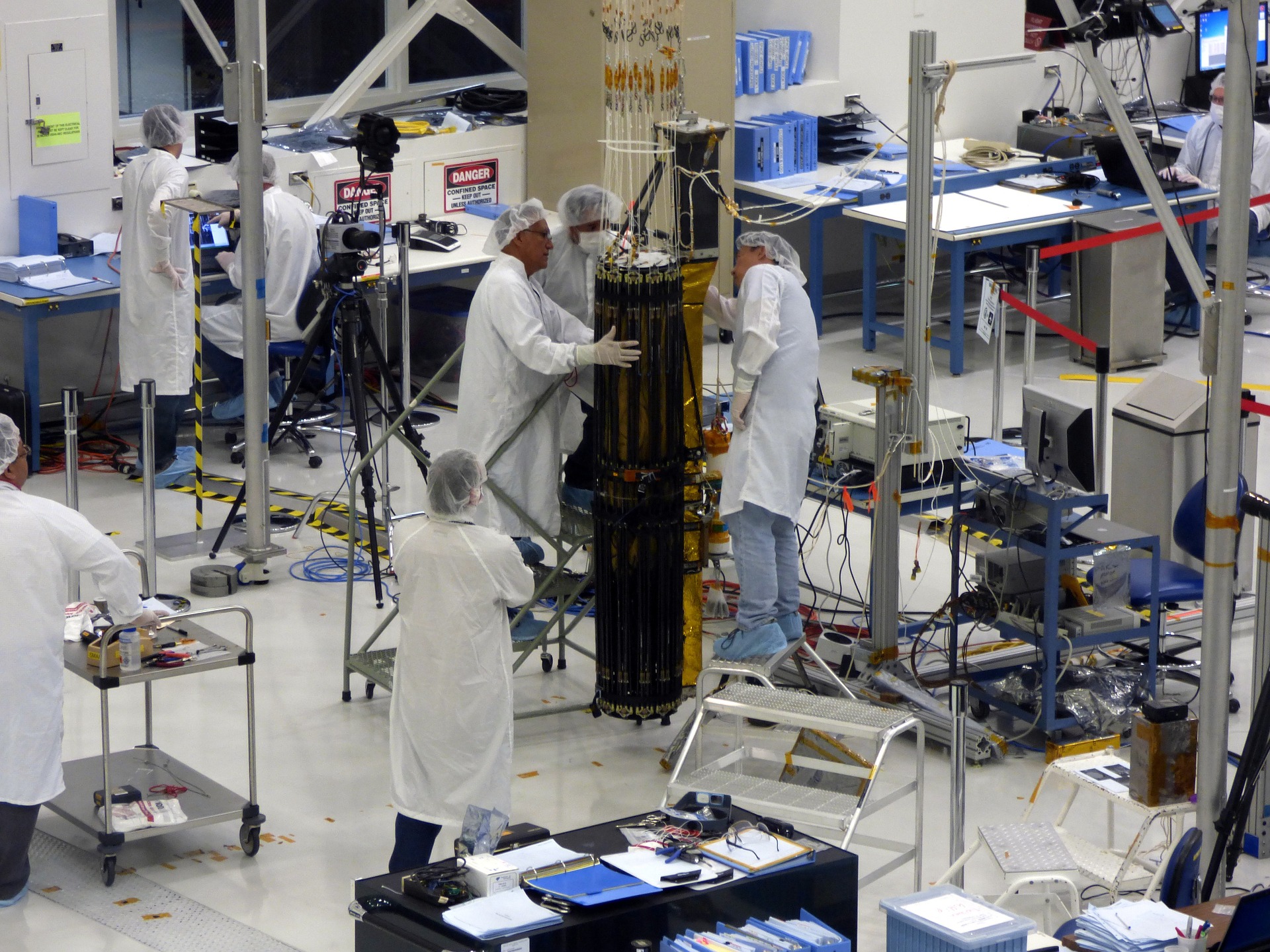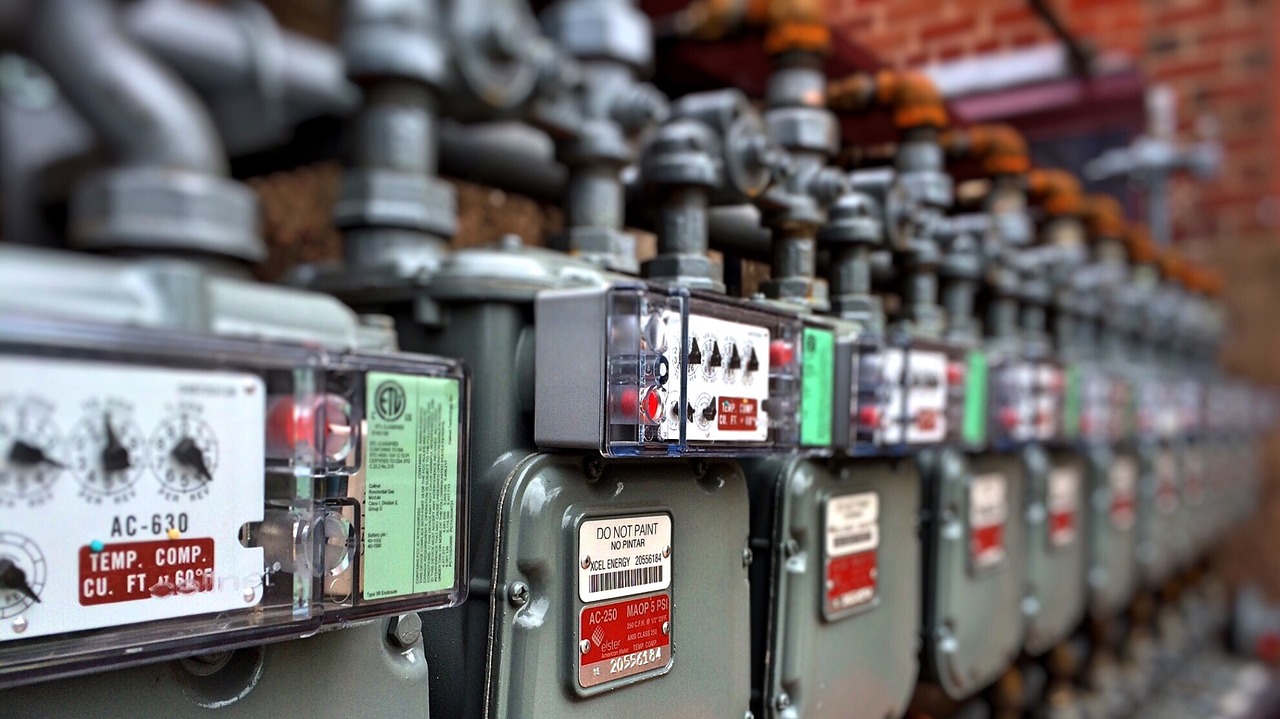Testing Facilities to Serve the Global Markets
transmission, eco-friendly, renewable, energy, storage, digital, power, power, innovation, industry, quality, technology, smart, modern, ideas

Goal of Electric vehicles
The Indian government has set ambitious target of 225GW of renewable generation by 2022 and having 30% of new vehicles to be Electric Vehicles (EV) by 2030. Renewable generation needs energy storage to subdue its intermittency and electric vehicles run on mostly on batteries. As of now, Lithium ion batteries are found to be most eligible for providing energy storage in these projects. There will be need of huge number of batteries for attaining this goal. India currently lacks in Lithium ion cells manufacturing capability. Cell manufacturing units are being setup in India. The manufactured cells will require adequate testing facilities, capable of performing all necessary tests, for their safe and optimal usage. Also for testing newer cell technology developed in India, testing facility will be required.
What is Battery testing?
Ensuring availability of state of art testing facilities is one of the things, which the government must look after, for achieving its ambitious goals of EV and Solar generation. Battery testing is the process of checking behavior of the battery, under various abuse conditions it can come across, including installation, transportation, aging over time. It also tests the ability of battery to function as expected, while maintaining physical integrity in environmental conditions such as earthquakes, averse temperatures, flooding, and fire. Utilizing higher-energy cell design implies presence of more abuse sensitive active material. This make cell testing even more critical.
The testing system should be capable of providing advanced simulation and testing techniques to all sizes and shapes of cells. The testing facilities need to perform testing on Battery Cell, Battery Module and Pack. The tests include Performance test, Abuse/Safety tests, mechanical and Environmental tests.
Performance test: Static Capacity, Cold Cranking, Energy Efficiency, Self-discharge, Response time, Ramp Rate, Life Testing, Cycling Testing.
External abuse/safety tests: External Short circuit, Internal Short circuit, Abnormal charging, Abusive overcharge, Forced discharge, Reverse Charging.
Mechanical: Crush, Impact, Shock, and Vibration.
Environmental Conditions: Temperature, Humidity, Altitude, Immersion
#Smart Batteries used in EV could be of the capacity of 100kWh or even more. And the weight of the battery could exceed 500kg. The battery testing facility must be prepared to test batteries of such high capacities and weight. Also, the size and shape of batteries will vary according to manufacturers. All these things have to be considered while setting up testing facility.
India needs testing facilities
There will be millions electric vehicles being sold annually by 2030. The testing of EV batteries is most complex. And it is even more complicated with Smart Lithium ion batteries. As lithium ion batteries offer almost constant voltage profile over the charge discharge cycle, finding their health need accurate measurements and specialized techniques. Battery is made up of multiple cells. So, when a battery is defective, does not imply all of its cells are defective. Each cell needs to be tested before discarding it. Furthermore, lithium cells being more costly, utilizing each and every cell completely is necessary for economical use of cells. Many such technologies like Active Balancing etc can be used to enhance the life of the smart battery. It will also, reduce battery waste if healthy cell are reused again, instead of discarding them.
Currently there are no battery testing facilities for testing batteries which can meet global standards. So every time a battery needs to be tested it will have to be sent abroad. It is a waste of time and energy. Battery testing is required for developing new battery technology, settling warranty claims, etc. The tests performed in a testing facility should be according to global standards of testing. So that, the tested battery will be easily accepted in Global Markets. Currently, there being no Lithium ion cell manufacturing unit in India, all cell are imported. Thus, India indeed needs a testing facility which can serve global markets. It is time now that we setup State of Art Advanced Lithium Battery Testing Labs In India which can cater to Global as well as home needs!


